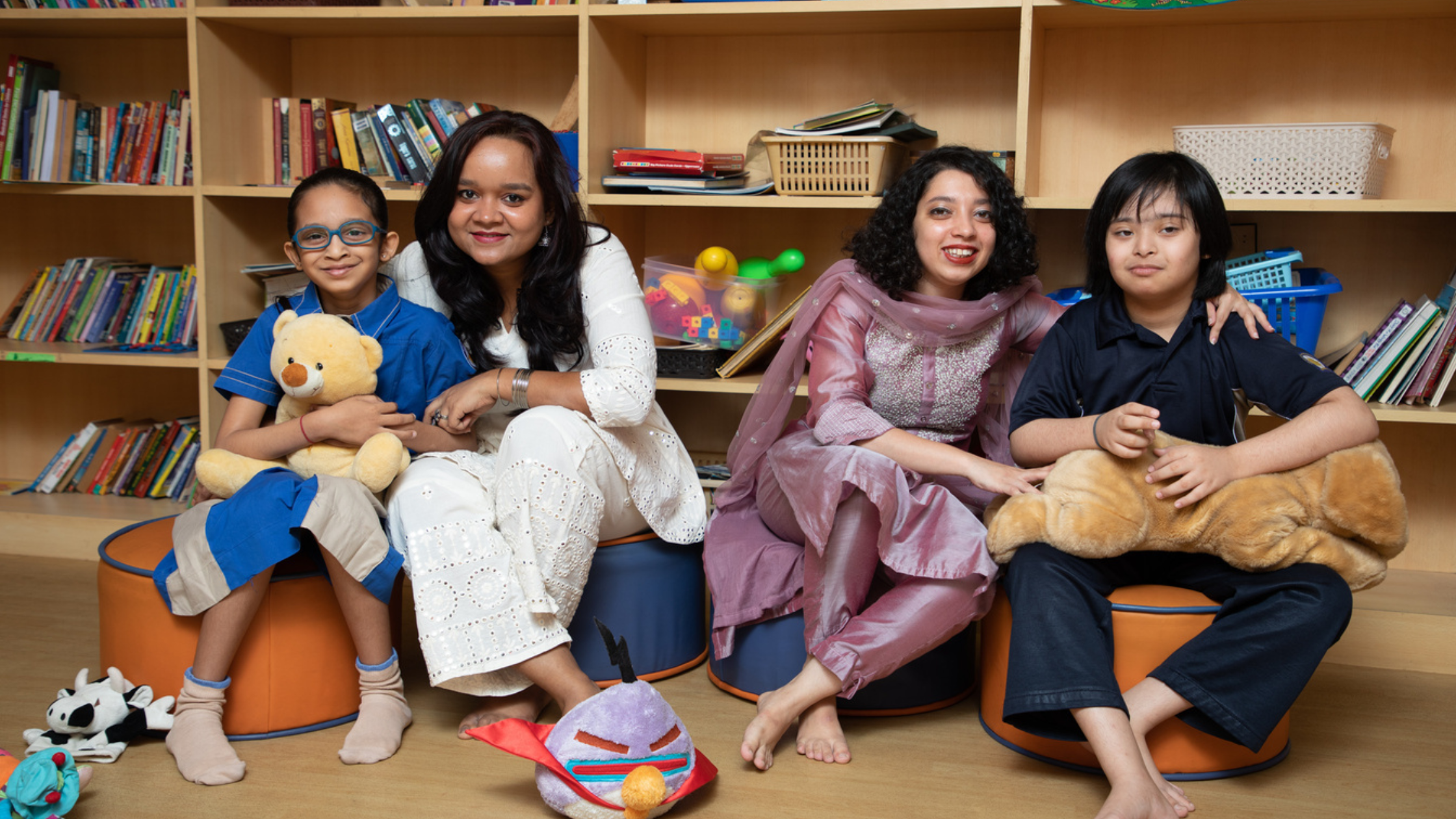

Students with special needs require extra support. Accommodations help address their unique needs. These needs include learning, developmental, physical, emotional, and behavioural aspects. These needs may arise from various disabilities and challenges. These include learning disabilities, ADHD, autism spectrum disorders, physical impairments, sensory impairments, and emotional or behavioural disorders.
Students with special needs face various challenges in education. These may include
difficulty in accessing appropriate support services, facing stigma and
discrimination, and struggling with academic tasks due to their unique learning
styles. Additionally, they may encounter social challenges such as feeling excluded or misunderstood by their peers.
Navigating these obstacles requires understanding and patience. It also requires dedicated support from the immediate stakeholders and the community. Special education encompasses a wide range of services designed to meet these unique needs of students. These include specialised instruction, assistive technology, individualised education plans tailored to their specific strengths, challenges and learning styles, and support services.
Within this framework, school counsellors play a pivotal role. They ensure that every student, regardless of their abilities, receives the support they need to thrive academically, socially, and emotionally.
Special needs students often face a myriad of emotional, behavioural, and social concerns. These can impact their overall well-being and academic success.
1. Anxiety: Special needs students may experience heightened levels of anxiety. This may be due to academic challenges, social interactions, or changes in routine.
2. Depression: Feelings of sadness, hopelessness, or low self-worth may arise. They stem from struggles with learning, social isolation, or difficulty coping with their disability.
3. Frustration. They feel frustrated and helpless due to difficulty in understanding tasks, communicating needs, or accessing resources.
4. Self-esteem Issues: Students may struggle with feelings of inadequacy or self-doubt. This is particularly present if they face stigma or discrimination due to their disability.
1. Aggression: Some students may exhibit aggressive behaviour. This may be a means of expressing frustration, asserting control, or defending themselves in challenging situations.
2. Withdrawal: Some may withdraw socially or emotionally. They may avoid interactions with peers or adults due to feelings of anxiety, fear, or insecurity.
3. Impulsivity: Difficulty in regulating emotions or impulses may manifest in impulsive behaviour. For E.g., acting without considering consequences or reacting impulsively to stressors.
4. Oppositional Behaviour: Students may display oppositional behaviour. They may resist authority or refuse to comply with rules or instructions. This may be a way of asserting independence or coping with frustration.
1. Social Isolation: Special needs students may struggle to form and maintain friendships, leading to feelings of loneliness, social exclusion, and a lack of belonging.
2. Peer Rejection: Differences in behaviour, communication, or ability, may be present in special needs students. Due to this, they may face rejection or bullying from their peers, exacerbating feelings of isolation and low self-esteem.
3. Difficulty in Social Skills: Special needs students may face challenges in understanding social cues, interpreting others' emotions, or engaging in reciprocal communication. This can hinder their ability to navigate social interactions effectively.
4. Lack of Inclusion: Special needs students may feel isolated by limited opportunities for participation in extracurricular activities, group projects, or social events. This denies them the chance to develop social connections and skills.
Special educators focus on the students’ unique learning and academic strengths and challenges. Counsellors understand the emotional, behavioural and social experiences and concerns of the students. They do this through observation, interviews and assessments. This includes understanding the unique interplay of intrapersonal and interpersonal factors.
Counsellors recognise that a one-size-fits-all approach is not effective. Through confidential sessions, they help students manage their challenges. This includes developing coping skills, managing stress and anxiety. They help build self-esteem, develop social skills and regulate behaviour using relevant strategies.
Some students may face unique challenges that require immediate intervention and support. School counsellors are trained to provide crisis intervention services. They offer emotional support, create safety plans, and provide referrals to external resources. They mitigate the impact of crises on the students' academic and emotional well-being.
A safe and supportive environment empowers students to navigate challenges. Peer support initiatives promote acceptance and understanding. Counsellors thus help students achieve their full potential.
Collaboration lies at the heart of effective special education practices. School counsellors collaborate with teachers, administrators. They also serve as a bridge between school and home, facilitating communication and cooperation.
Advocacy is crucial in special education, ensuring students get entitled services and accommodations. School counsellors guide students and families to navigate the complex education system. They empower students to articulate needs and advocate for themselves effectively.
Education and awareness are crucial in promoting a culture of inclusivity and understanding . School counsellors educate about disabilities, dispel myths, and foster empathy and acceptance. They organise workshops, training, and awareness campaigns.
At The Aditya Birla Integrated School, collaborative support involves
multiple stakeholders: parents and caregivers, educators (academic and
co-curricular), medical director, school counsellor, behaviour therapists,
occupational therapists, speech therapists, arts based therapists,
administrators, and other external service providers. This setup ensures that
most of the support required is provided under one roof, in a cohesive and
coordinated manner.
Providing multiple platforms maximises students' learning opportunities.
It helps them showcase different skills. Focusing on experiential learning,
research, presentation, and social engagement bridges the gap between textbooks
and real life.
Families play a critical role in special needs students' success.
Collaborative support involves parents and caregivers in decision-making and
strengthens family engagement. It respects their expertise and insights,
providing necessary information and support. This enables them to advocate
effectively for their child. School
counsellors build trusting partnerships with families. This enhances the
overall well-being of special needs students by creating a supportive network.
Educators, families,
and external service providers collaborate to create a supportive environment.
They ensure all students thrive academically, socially, and emotionally. This
happens regardless of their abilities or disabilities. We strive for equity and
excellence in education. In light of the same, let us recognize and celebrate
the necessary role of school counsellors in special education.